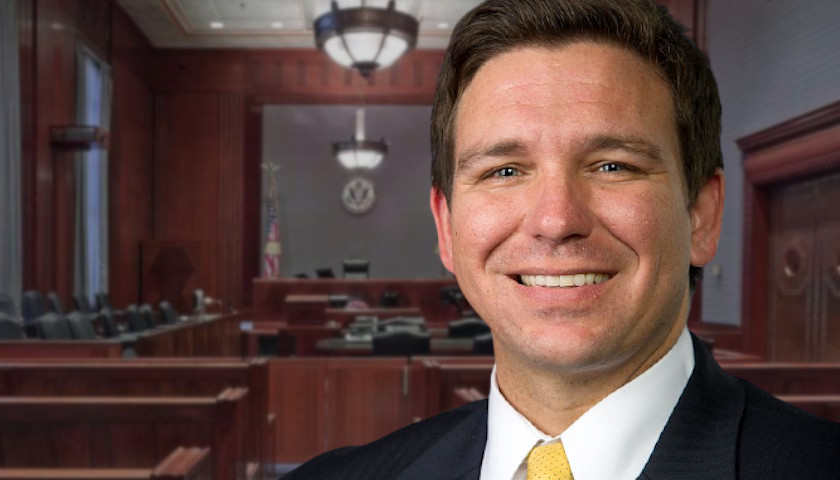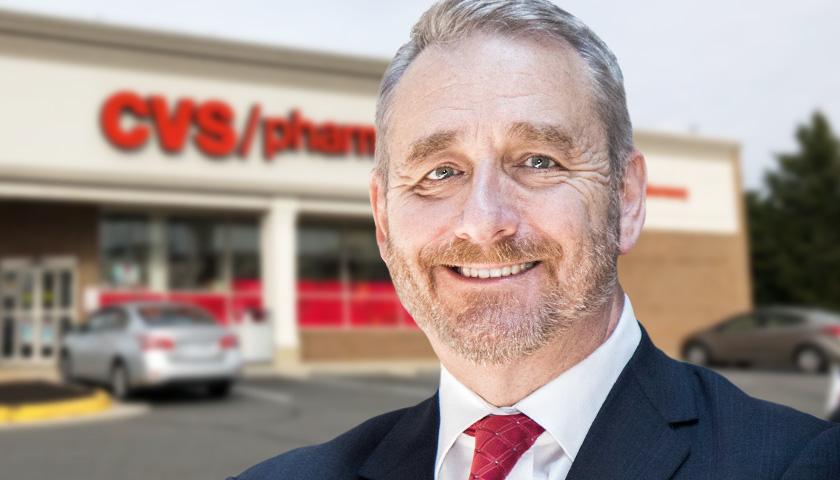In Tampa on Wednesday, Governor Ron DeSantis praised a $21 billion multi-state agreement related to the opioid crisis between three of the largest pharmaceutical companies in the nation. The companies included AmerisourceBergen, Cardinal Health, and McKesson.
DeSantis also praised a separate agreement by Johnson and Johnson, who will pay $5 billion over the next nine years. The agreements will aim to settle litigation regarding the opioid crisis in, not only Florida, but the nation as a whole.
As reported in a press release, the 2020 Interim Florida Medical Examiner Report said there were more than 3,800 opioid-related deaths reported last year, representing a 30.5 percent increase from 2019. More than 3,000 of those deaths were directly caused by opioids, resulting in an increase of 51 percent from 2019.
The release states, “there were nearly 38,000 opioid overdose emergency department visits among Florida residents. Furthermore, there were 7,138 drug overdose deaths among adults 18 years of age and older in Florida in 2020.”
The $21 billion agreement will collectively be paid by the three companies over a 17-and-a-half year span, of which $1.3 billion will be paid to the state of Florida. Of Johnson and Johnson’s $5 billion agreement, $300 million will be paid to Florida.
“While the damage can’t be undone, the more than $1.3 billion Florida will receive will help us continue to combat the devastating effects of the nationwide opioid crisis. This settlement helps hold these companies accountable for their role in contributing to the opioid epidemic and will provide Floridians struggling with opioid addiction the services they need to recover. I appreciate Attorney General Ashley Moody for championing efforts to address the destruction caused by opioids in Florida,” DeSantis said in the release.
The settlement between the three companies and the agreement by Johnson and Johnson will be used to fund and support “opioid treatment, prevention, and recovery services.”
Examples of services to be funded include expanding treatment for opioid use disorders, providing care through provider organizations that treat individuals with substance abuse disorders, and utilizing teletherapy as a strategy to improve access to treatment with therapists who share the same cultural background.
– – –
Casey Owens is a contributing writer for The Florida Capital Star. Follow him on Twitter at @cowensreports. Email tips to [email protected]





